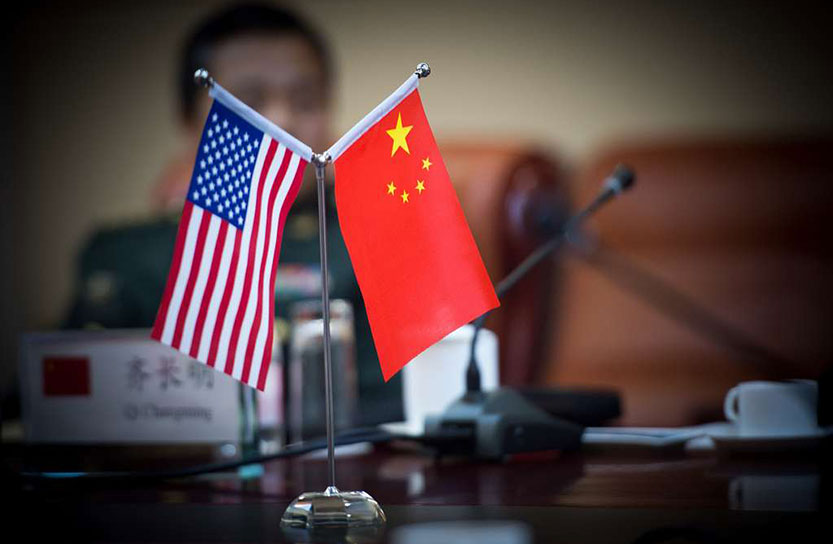
May 13, 2025 | Washington, D.C.
In a major trade and e-commerce development, the United States and China agreed to temporarily cut tariffs. This settlement offers an opportunity for fashion giants like Shein and Temu. With mounting regulatory pressure, both companies can now replenish their U.S. inventories. Consequently, they can better navigate the challenging trade environment.
The two world superpowers announced a 90-day reprieve, reducing tariffs from 145% to 30% on specific imports. This move aims to ease the escalating trade war. Particularly impacted are Chinese companies selling online to U.S. consumers. The accord is considered an effort to halt the intensifying trade conflict.
The reprieve does not revive the “de minimis” exemption, a U.S. customs rule that allowed duty-free imports under $800. Shein and Temu relied on this exemption as a key part of their logistics model. Both companies depend on low-cost, cross-border deliveries directly to U.S. consumers.
With no exemption, online packages are subject to charges that can be as high as 120 percent or a flat cost of $100 and will rise to $200 starting in June. To address this, both businesses have swiftly changed their strategy.

Temu, for instance, has removed listings for items shipped directly from China through its U.S. platform. In turn, it has adopted domestic warehousing to avoid costly import fees. As a result, the company is better positioned to manage rising trade expenses while maintaining product availability. Shein has taken similar actions in redirecting its logistics to store additional inventory in the U.S.
Industry experts say that the temporary reduction in tariffs provides both businesses with an opportunity to speed up the import of products under more favorable conditions and improve the stability of their U.S. operations.
“This 90-day window is critical for Shein and Temu,” said Alicia Morgan, a trade analyst at Global Retail Watch. “It allows them to adapt to the new trade realities while keeping their U.S. supply chains intact.”
Even with this temporary relief, the long-term outlook of Chinese online commerce within the American market is uncertain, and the legislators continue to examine the platforms for unfair practices in trade, data security threats, and concerns about labor compliance.
For the time being, Shein and Temu are quickly implementing plans to take advantage of this brief respite. They are particularly keen to keep their online shelves fully stocked so as to meet the ongoing needs of U.S. consumers. At the same time, they are navigating increasingly challenging and uncertain trade conditions. Nevertheless, their focus remains on maintaining availability despite the complex economic landscape.
Stay up to date on global trade and tech news. Follow AtoZTech World for the latest knowledge.

